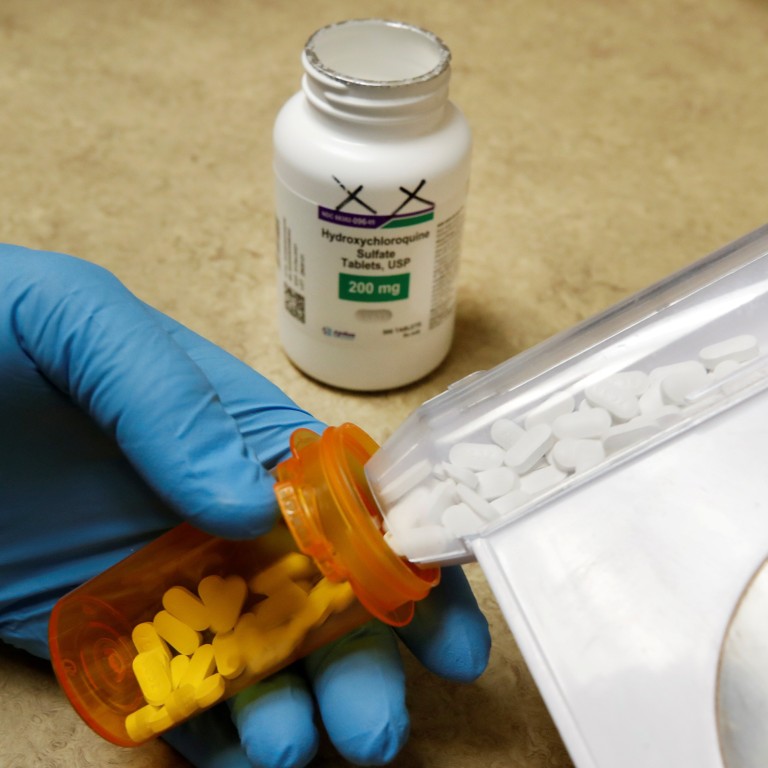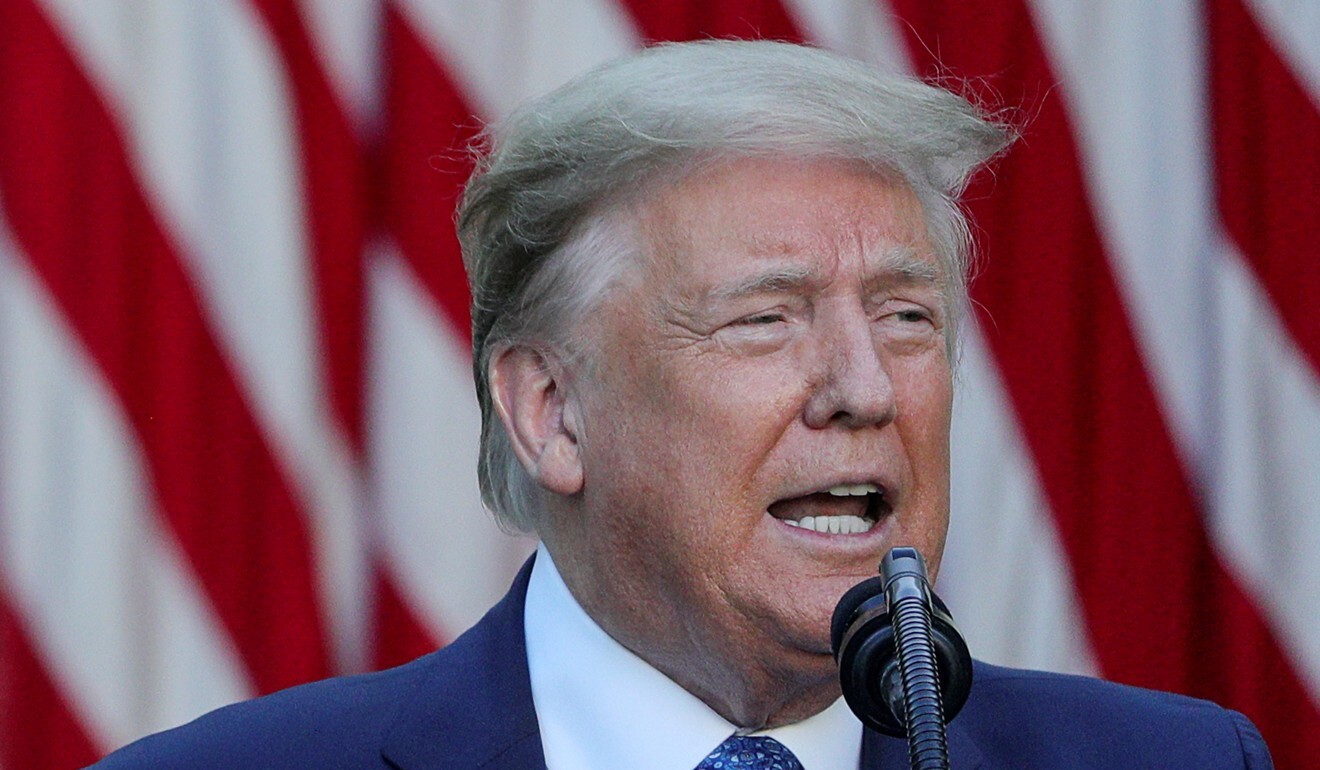
Lancet study that said malaria drugs led to higher coronavirus death rates retracted as authors say they cannot verify data
- Trials of chloroquine and hydroxychloroquine were halted by World Health Organisation as a result of study, but scientists now admit they cannot verify data on which it was based
- Donald Trump’s promotion of drugs as treatment for Covid-19 had already prompted controversy over their effectiveness
The Lancet has retracted a paper that claims two malaria drugs used to treat Covid-19 could lead more deaths after its authors admitted they could not verify the data on which it was based.
The paper, published on May 22, led to trials of chloroquine and hydroxychloroquine being halted by the World Health Organisation and the British government.
The paper used data provided by US company Surgisphere, that it said was based on patient data from 671 hospitals in six continents.
TB and malaria drugs could hold key to fighting African swine fever, Chinese scientists say
However, an open letter published online signed by over 200 scientists, including James Watson, from the Mahidol-Oxford Tropical Medicine Research Unit and Professor Peter Hornby, an Oxford University specialist in infectious diseases, highlighted inconsistencies in the data.
For example, data from Australia was not compatible with government records and Surgisphere later said it had attributed figures from an Asian hospital to one in Australia.
Surgisphere also provided no details of the countries or hospitals that contributed to the source data.
The open letter also raised a number of other questions and challenged The Lancet and the authors to release details of the data and allow an independent audit by agencies such as the World Health Organisation.
Watson first raised the alarm in a Twitter thread that also questioned the findings.
Facing mounting pressure, three of the authors of the paper, who are not affiliated with Surgisphere, requested an independent audit but were not given full access.
“We can no longer vouch for the veracity of the primary data sources,” Mandeep Mehra of Brigham and Women’s Hospital, Frank Ruschitzka of University Hospital Zurich and Amit Patel of the University of Utah said in a statement issued by The Lancet.
“Due to this unfortunate development, the authors request that the paper be retracted.”
On Wednesday, Surgisphere chief Sapan Desai, the fourth author of the study, told Bloomberg that the company “stands behind the integrity of our studies”.
Following the retraction, the company said that Desai was “unavailable to make any further public comment at this time”.
Hydroxychloroquine hopes dashed as large study finds no great advantage to antimalaria drug in Covid-19 fight
Another influential medical publication The New England Journal of Medicine also retracted a paper by the same authors, which concluded that blood pressure medicine was safe for Covid-19 patients based on an analysis of unverified Surgisphere data.
But on the other hand, most scientific papers that have questioned or supported the use of drugs have either been based on small samples or have not met the gold standard of a randomised controlled trial.

The retractions also stirred up a debate among scientists about how the paper was endorsed in The Lancet’s peer-review process and how to ensure the quality of research in times of a health care emergency like Covid 19.
The WHO announced it would resume trials of hydroxychloroquine, nine days after suspending them based on The Lancet paper.
In a statement, The Lancet said it “takes issues of scientific integrity extremely seriously, and there are many outstanding questions about Surgisphere and the data that were allegedly included in this study. Following guidelines from the Committee on Publication Ethics and International Committee of Medical Journal Editors, institutional reviews of Surgisphere’s research collaborations are urgently needed”.
In the New England Journal of Medicine’s retraction statement, the study authors wrote, “Because all the authors were not granted access to the raw data and the raw data could not be made available to a third-party auditor, we are unable to validate the primary data sources underlying our article.” They apologised “for the difficulties that this has caused”.

